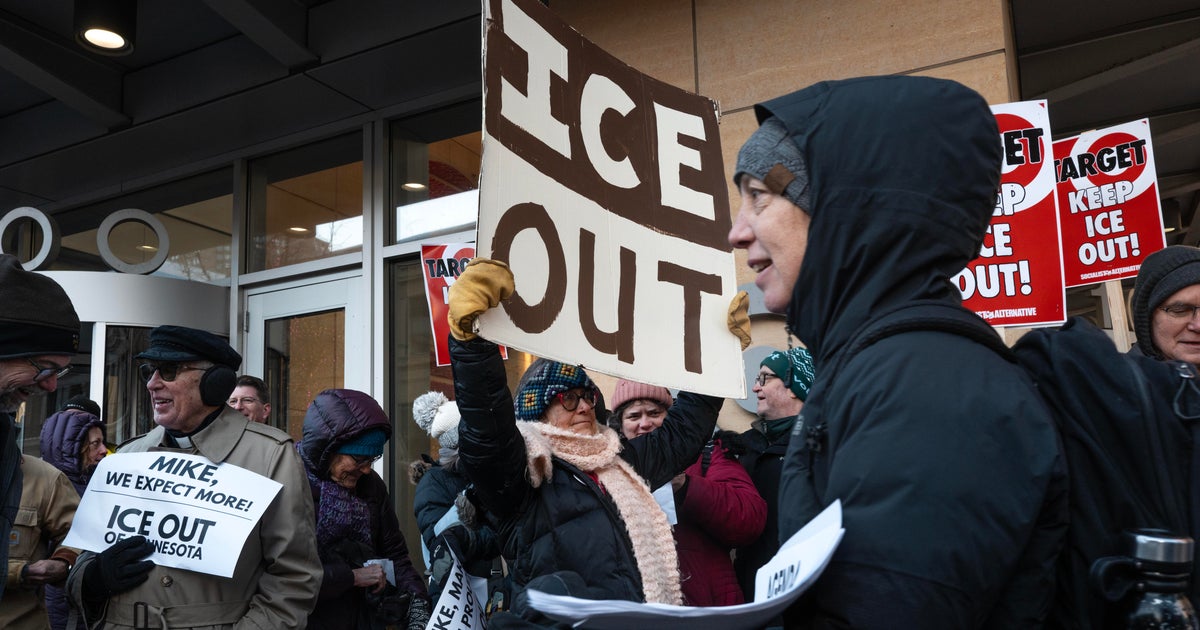Biden administration unveils rule to shield DACA program from legal challenges
The Biden administration on Monday unveiled a proposed rule designed to insulate a deportation relief program for undocumented immigrants who arrived in the U.S. as children from legal challenges that threaten the policy's existence.
The rule, set to be formally published on Tuesday, would give the public 60 days to submit comments for or against the Obama-era Deferred Action for Childhood Arrivals (DACA) policy, which provides deportation protection and work permits to roughly 590,000 immigrants known colloquially as "Dreamers."
Homeland Security officials said the proposed rule relies on the DACA guidelines outlined in 2012, when the Obama administration created the program, and embraces the "consistent judgment" that immigrants who arrived in the U.S. as minors should not be a priority for deportation.
The rule's publication will represent the latest and most significant effort by the Biden administration to safeguard an immigration program that has been threatened since 2017, when the Trump administration tried to discontinue it.
"The Biden-Harris Administration continues to take action to protect Dreamers and recognize their contributions to this country," Homeland Security Secretary Alejandro Mayorkas said in a statement. "This notice of proposed rulemaking is an important step to achieve that goal."
In July, a federal judge in Texas declared DACA unlawful and barred the government from adjudicating applications filed by first-time applicants. The ruling dashed the hopes of tens of thousands of immigrant teenagers and young adults who applied, or hoped to apply, for the program.
In addition to questioning DACA's broader legality, U.S. District Court Judge Andrew Hanen said the policy should have been enacted through a federal regulation open to comments from the public, not a Department of Homeland Security memo.
Earlier this month, the Justice Department appealed Hanen's ruling.
The prerequisites for DACA eligibility include having no serious criminal convictions, arriving in the U.S before the age 16, living in the country since at least 2007 and earning an American high school diploma, a GED or serving honorably in the military. DACA does not allow its beneficiaries to adjust their status and obtain lawful permanent residency.
For two decades, multiple efforts to place "Dreamers" on pathway to U.S. citizenship have collapsed, despite significant public support.
This summer, Democratic lawmakers have been focusing on trying to create a legalization program for "Dreamers" and other undocumented immigrants, including farmworkers, through the budget reconciliation process, which would permit Democrats to approve the plan in the Senate with a simple majority.
That plan, however, was dealt a crushing blow last week when the Senate parliamentarian said it could not be included in the reconciliation process, which is designed for budget items.




